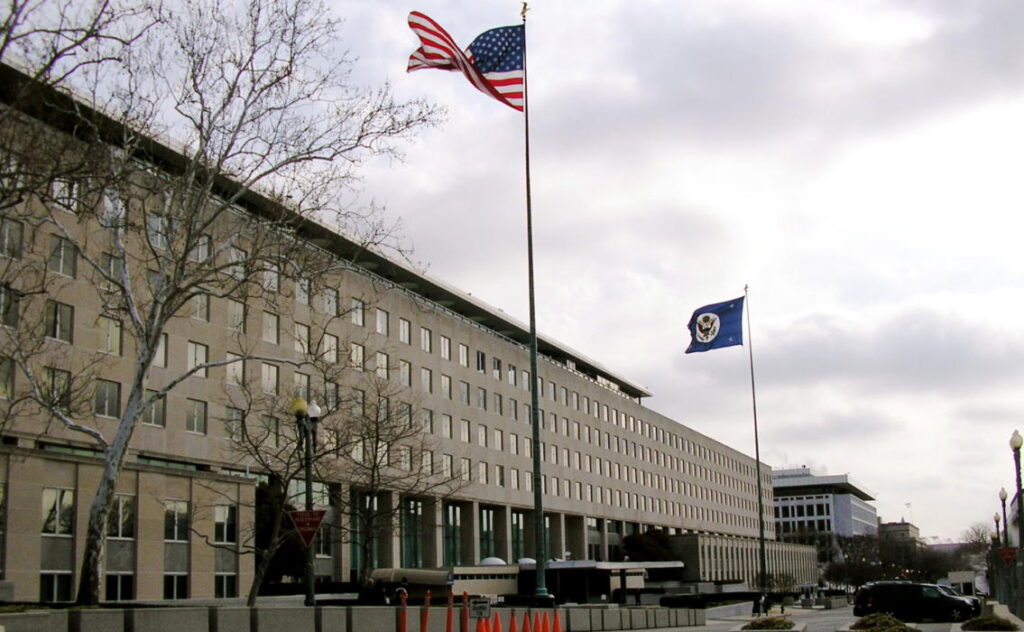I can save Sean Hannity the agony of following through on his promise to be waterboarded for charity. Before he died, Christopher Hitchens actually followed through on his promise to willingly submit to waterboarding. Here is what happened:
You may have read by now the official lie about this treatment, which is that it “simulates” the feeling of drowning. This is not the case. You feel that you are drowning because you are drowning—or, rather, being drowned, albeit slowly and under controlled conditions and at the mercy (or otherwise) of those who are applying the pressure. The “board” is the instrument, not the method. You are not being boarded. You are being watered. This was very rapidly brought home to me when, on top of the hood, which still admitted a few flashes of random and worrying strobe light to my vision, three layers of enveloping towel were added. In this pregnant darkness, head downward, I waited for a while until I abruptly felt a slow cascade of water going up my nose. Determined to resist if only for the honor of my navy ancestors who had so often been in peril on the sea, I held my breath for a while and then had to exhale and—as you might expect—inhale in turn. The inhalation brought the damp cloths tight against my nostrils, as if a huge, wet paw had been suddenly and annihilatingly clamped over my face. Unable to determine whether I was breathing in or out, and flooded more with sheer panic than with mere water, I triggered the pre-arranged signal and felt the unbelievable relief of being pulled upright and having the soaking and stifling layers pulled off me. I find I don’t want to tell you how little time I lasted.
This is because I had read that Khalid Sheikh Mohammed, invariably referred to as the “mastermind” of the atrocities of September 11, 2001, had impressed his interrogators by holding out for upwards of two minutes before cracking. (By the way, this story is not confirmed. My North Carolina friends jeered at it. “Hell,” said one, “from what I heard they only washed his damn face before he babbled.”) But, hell, I thought in my turn, no Hitchens is going to do worse than that. Well, O.K., I admit I didn’t outdo him. And so then I said, with slightly more bravado than was justified, that I’d like to try it one more time. There was a paramedic present who checked my racing pulse and warned me about adrenaline rush. An interval was ordered, and then I felt the mask come down again. Steeling myself to remember what it had been like last time, and to learn from the previous panic attack, I fought down the first, and some of the second, wave of nausea and terror but soon found that I was an abject prisoner of my gag reflex. The interrogators would hardly have had time to ask me any questions, and I knew that I would quite readily have agreed to supply any answer. I still feel ashamed when I think about it. Also, in case it’s of interest, I have since woken up trying to push the bedcovers off my face, and if I do anything that makes me short of breath I find myself clawing at the air with a horrible sensation of smothering and claustrophobia. No doubt this will pass. As if detecting my misery and shame, one of my interrogators comfortingly said, “Any time is a long time when you’re breathing water.” I could have hugged him for saying so, and just then I was hit with a ghastly sense of the sadomasochistic dimension that underlies the relationship between the torturer and the tortured. I apply the Abraham Lincoln test for moral casuistry: “If slavery is not wrong, nothing is wrong.” Well, then, if waterboarding does not constitute torture, then there is no such thing as torture.
Hitchens wrote that in 2008, which is a year before Sean Hannity promised to be waterboarded for charity. He knows that he’d do no better than Hitchens, and he knows his audience would never forgive him for it. But he made the promise anyway, knowing that he’d never honor it.
